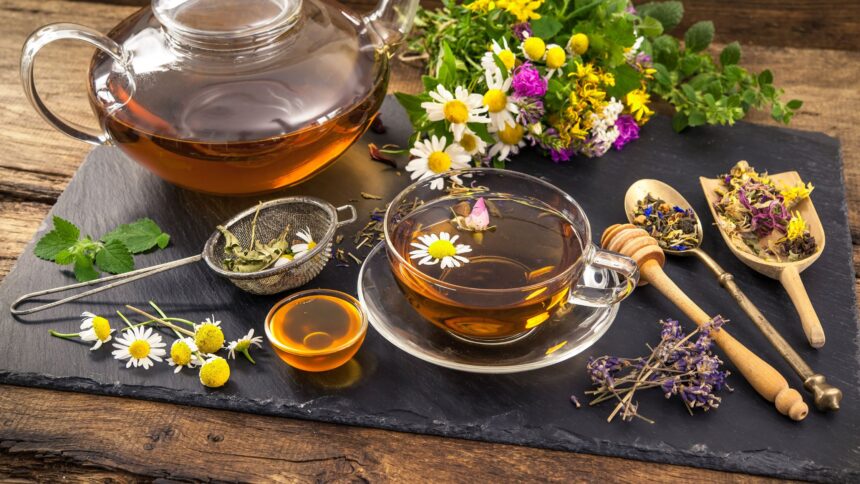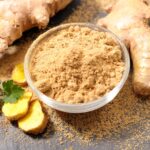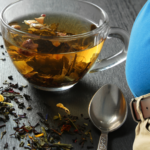Steeping in a warm cup of herbal tea can soothe both body and mind. But what exactly makes this botanical brew so beneficial? As an herbalist passionate about understanding nature’s pharmacopeia, I set out to discover how various teas impact health on the cellular level. This overview details research examining how specific herbs in tea interact with physiological systems when internalized in a safe, natural way. My aim is to enrich health literacy around these ancient medicinal allies.
Digestive Support through Carminative Herbs
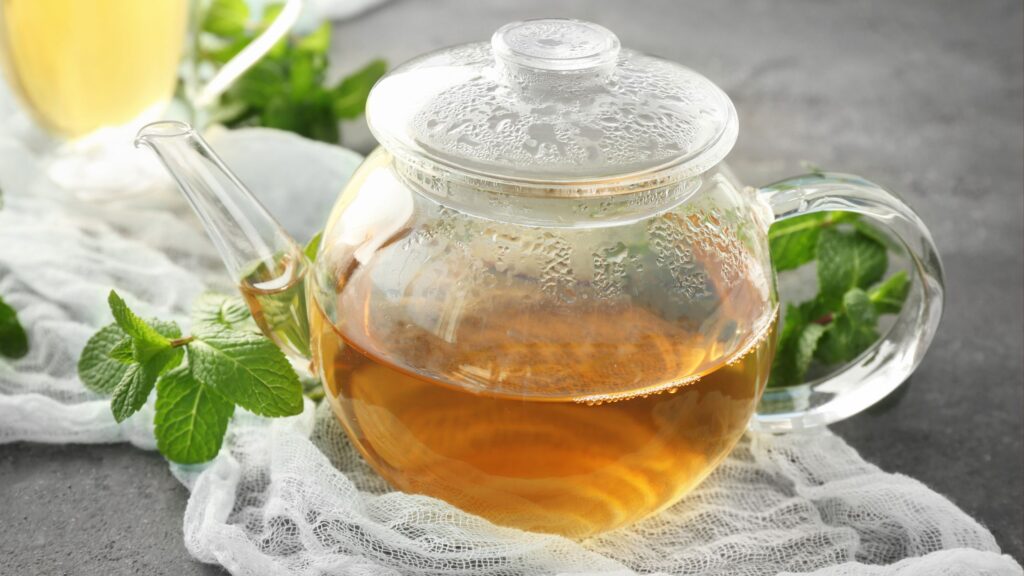
Many common tea ingredients like peppermint, ginger, and fennel contain carminative compounds that relax intestinal smooth muscles, easing cramps, gas, and bloating. Clinical trials found peppermint eased IBS symptoms better than a placebo. Antispasmodic terpenes loosen tension, while aromatic oils relieve pains. Together, these work gently from within to maintain a pleasant digestion.
Calming Effects via Nervine Herbs
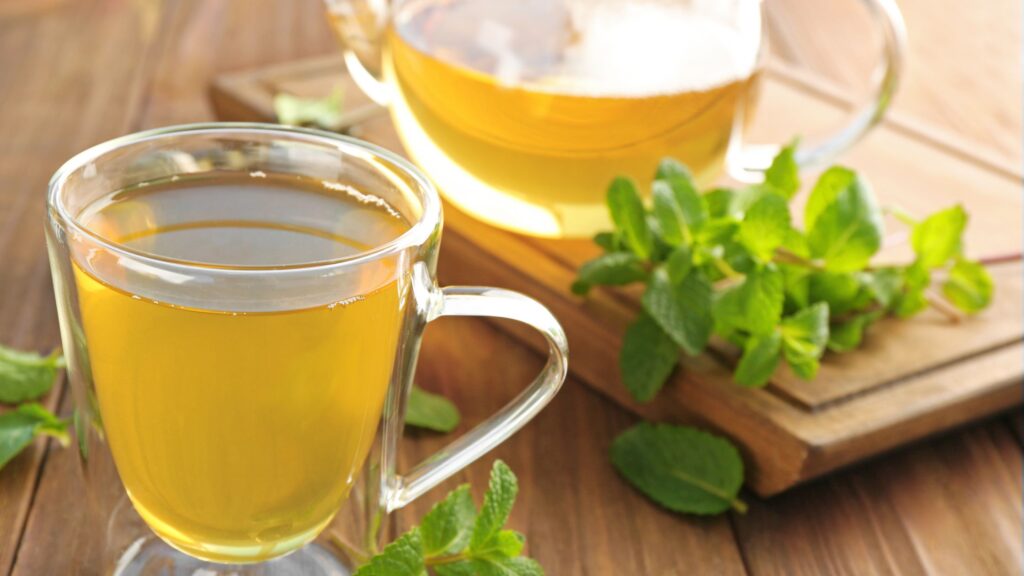
Teas featuring chamomile, lemon balm, and passionflower boast phytochemicals scientifically shown to influence GABA neurotransmitters and receptors that regulate stress. MRI scans observed passionflower extract enhancing relaxation in the brain as effectively as prescription medication, only without side effects. Sipping such calming nervines may offer a natural alternative for anxiety relief.
Immune Assistance from Antimicrobial Herbs
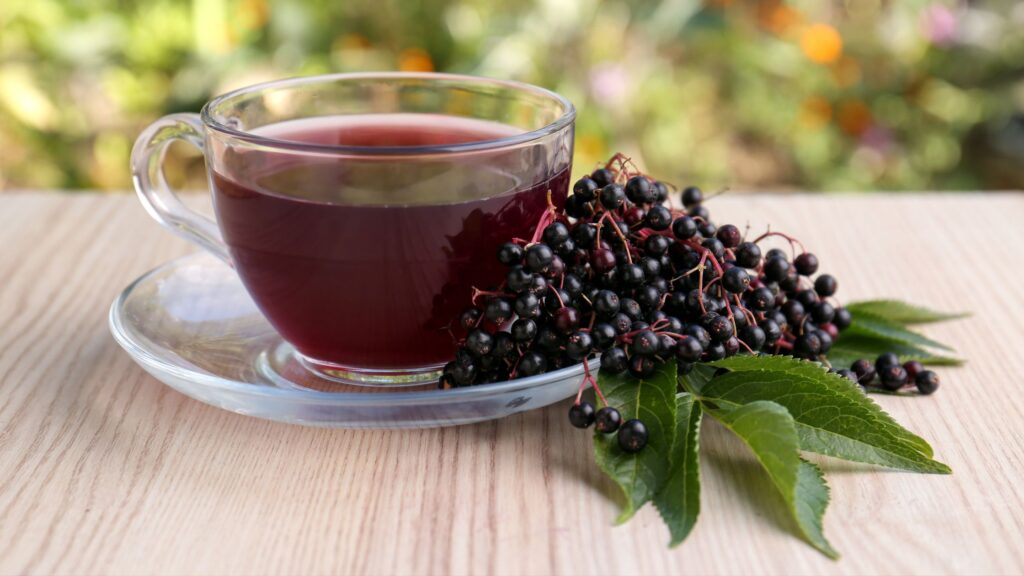
Many herbal infusions contain plant immunomodulators, proven against pathogens. Elderberry, echinacea, and thyme are medicinal powerhouses, rich in aromatic oils, flavonoids, and phenolic acids which increase antiviral interferon responses. Studies link regular consumption to lower incidences of colds and flu due to reinforced defenses at a cellular level against invaders.
Detox Support with Hepatoprotective Herbs

Liver supportives like milk thistle, dandelion root, and turmeric aid phase 1 and 2 detox pathways, clinically shown to help clear toxins. Curcumin in turmeric bolsters antioxidant cellular defenses against oxidative stress while silymarin in milk thistle optimizes glutathione levels, key to neutralizing daily toxins. Their inclusion in tea strengthens metabolic waste removal.
Heart Health via Cardioprotective Herbs

Compounds such as hawthorn, rosemary, and oregano lower cholesterol, triglycerides, and bad LDLs while raising good HDL counts to improve lipid profiles per trial. Arnica and hawthorn’s anti-inflammatory flavonoids also normalize blood pressure. Research links rosemary consumption to significantly reduced risks of cardiovascular events. Such tea ingredients support whole-body circulation.
Conclusion
With an increasing interest in self-care and preventative health, herbal tea’s balanced support of multiple body systems reveals its ongoing relevance. Brewing choice botanical allies like these deliver gentle, nourishing assistance from the inside out. Future exploration into mixing specific complementary herbs holds promise for developing customized synergistic blends to enhance wellness safely in a delicious, therapeutic manner.

